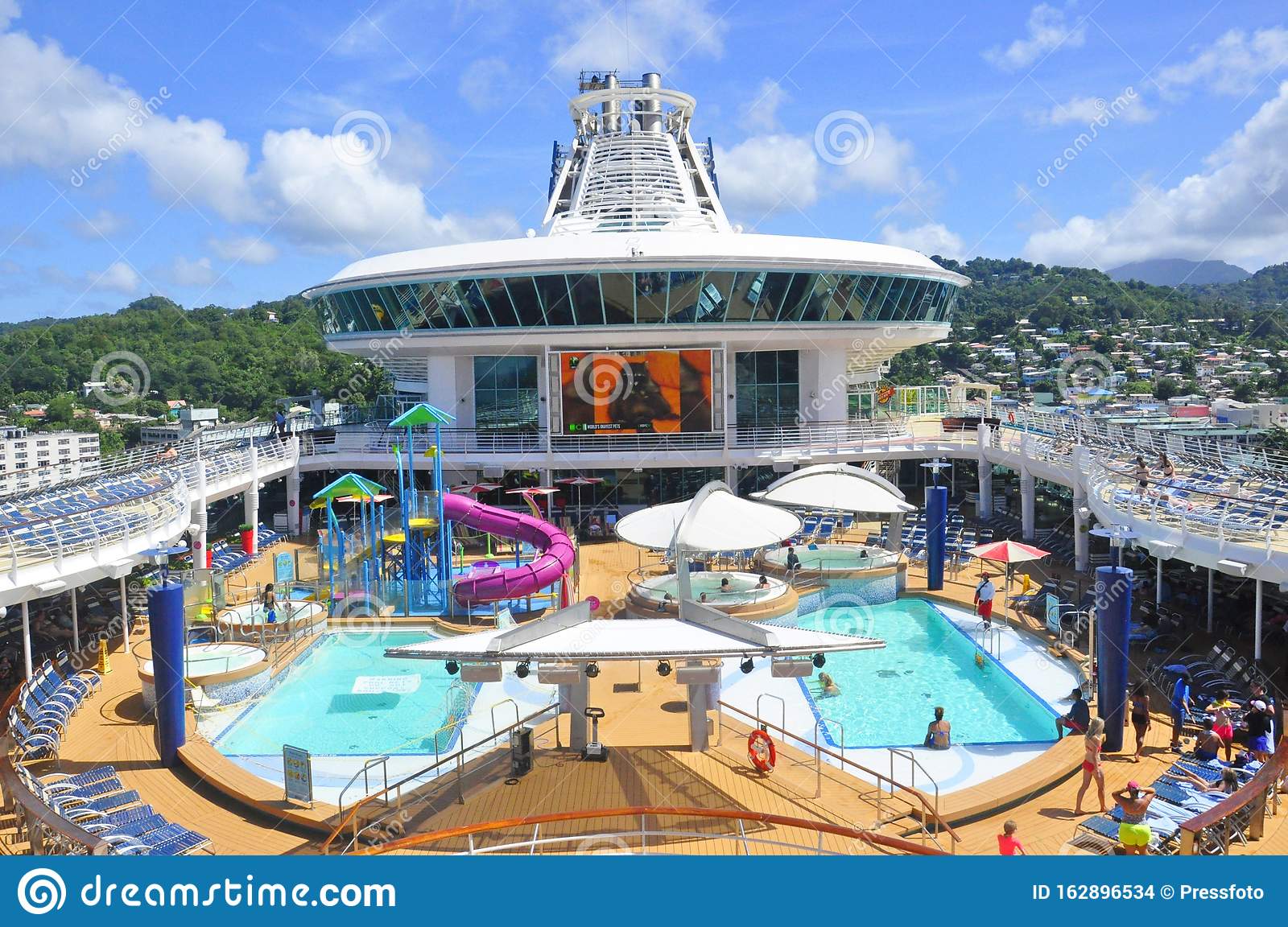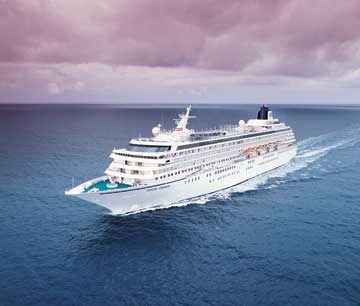
Deck jobs allow you to work aboard a vessel. This includes handling cargo and handling lines. It also involves operating equipment and giving first aid to crew members. These positions are a great place to gain practical experience, especially when you're taking a break from university. It's also a rewarding and fun experience. To get a job on a deck, you must be either a US citizen or traveling within the US waters.
The most well-known marine occupation is the deck job. The deck is the heart of a cruise ship and the personnel are responsible for running the vessel. Officers, deckhands, and deck ratings are just some of the various roles you will find onboard a cruiseship. Each department has responsibility for a particular aspect such as navigation and maintenance or passenger safety.
Experienced and qualified applicants are usually the best candidates for deck jobs. These positions come with a wide range of requirements, but typically offer good salaries, benefits, and other perks. You will be able to take some time off from work and still get free accommodation and board on most cruise ships. Many ships will also provide a 401K plan for you to help you retire. Several shipping companies will take you back to the fold after you have been absent for a while.

A maritime college or vocational program is the best place to start a career. Or, they might want to start as a deckhand and progress up. It's not difficult to become an officer deckhand. However, it will require you to master the basics of boating. Depending on your qualifications, you may be able to find a job immediately after graduating.
A deck cadet is an example of a newly graduated maritime academy. He or she is given the chance to learn about all the main functions of the ship. In addition, a cadet's duties include assisting the second mate with navigation, safety, and other pertinent tasks. The most enjoyable aspect of a cadet’s job is the opportunity to learn more about the vessel’s navigator system.
The deck houses an environmental engineer as part of its operations. This multidisciplinary job involves performing environmental assessments and waste handling. Other deck department staffers perform food preparation, general maintenance, and other similar tasks.
A "Peace Tower", a ring of lights consisting of a series of lights that provides illumination for the vessel's deck, and other high traffic areas, is another interesting item. This is particularly important for a ship that is often cruising the open ocean.

The purser is responsible for currency exchange and is located on the deck. Cleaning and painting are just two of the many jobs available on a cruise vessel. You will also find a catering crew that is responsible for food preparation as well as serving. Many cruise companies will also offer you a general salary, but the pay can vary depending on your level of responsibility.
FAQ
How does cruising work?
The deposit, usually $50-$100, is required when you book a cruise. Your balance is due 30 days before departure. When you arrive at the port, you check into your cabin. You may then participate in one or more of the many activities onboard.
Is it necessary to have a passport in order to cruise?
If you want to travel the world, you should have a passport. It allows you to visit any country without needing visas or other paperwork.
You might not be allowed into certain countries if you don't have a passport. It allows you to travel longer abroad.
Is it necessary to tip my Cruise Director
This varies by cruise line. Some cruise director receive tips and others don't. You can ask the Cruise Director on board to find out whether they require tips. They will most likely tell you if tipping is expected.
Statistics
- You'll need to budget around $80 per person per day for this option – and an additional 18% gratuity. (travel.usnews.com)
- If you're traveling alone, you may also need to factor in a single supplement, adding up to as much as 100% of the cruise fare. (travel.usnews.com)
- In addition, 10 to 15 percent gratuity is typically added to bar bills — for alcohol and soft drinks — and gratuities are applied to spa treatments. (cruiseline.com)
- The line estimates savings of 50% when you purchase this bundle. (travel.usnews.com)
External Links
How To
How to avoid seasickness while on cruise
Wearing a hat on a cruise will help you avoid getting seasick. A wide-brimmed head hat can prevent motion sickness. It keeps the head still and helps keep it from moving.
The hat keeps water from the face and reduces the moisture in the air. This allows people who are prone to dizziness from inhaling moist air to breathe more easily.
Another tip is that you should drink lots of fluids. Avoid alcohol or caffeine. These drinks dehydrate the body and make it harder for fluids to move around the stomach. Consuming enough fluids can help lower the salt levels in your bloodstream. Salt causes the body to retain water which leads to nausea.
Salty foods can help if you feel nauseated. Salty foods can cause your stomach to produce more hydrochloric acids, which aids in breaking down food particles.
You can also take medications to alleviate seasickness if none of these methods work. Side effects of some medications include dry mouth, dry eyes, constipation and blurred vision.